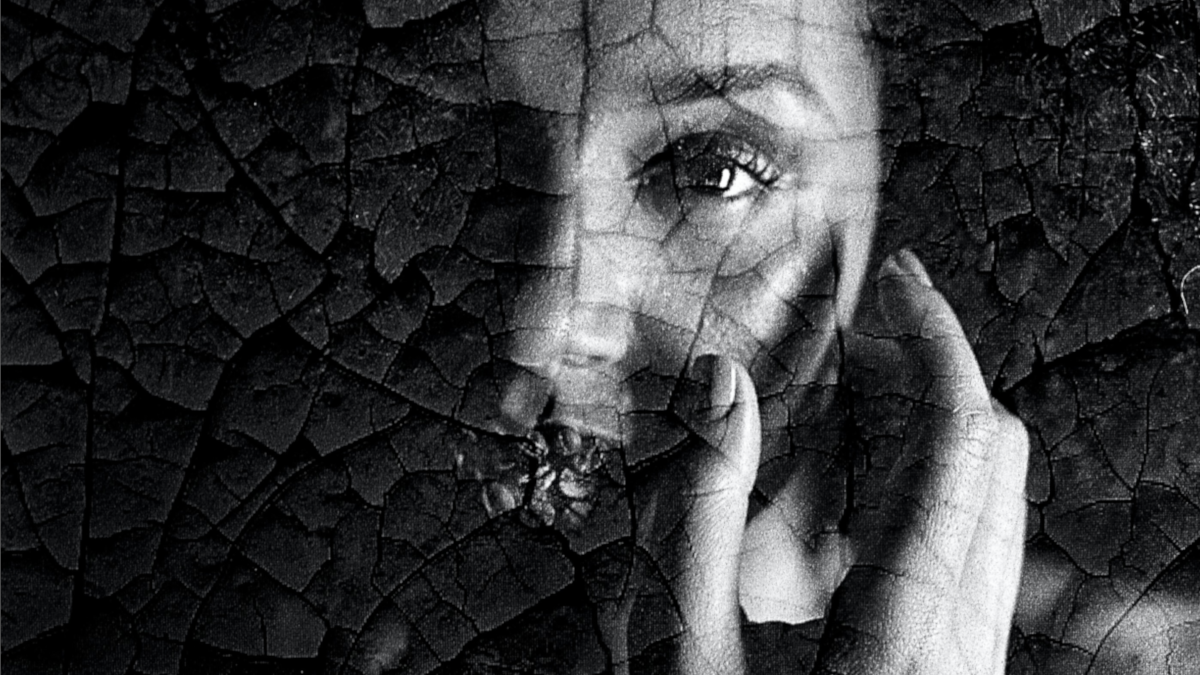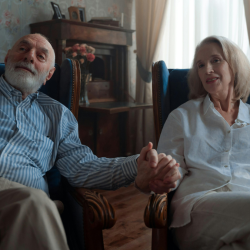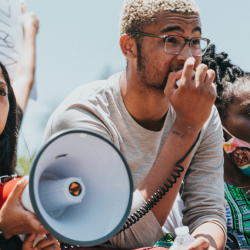Well, yes, trauma can be inherited too and it’s a subtle mechanism. The trans-generational trauma it’s about transmitting traumatic experiences from one generation to the next one, without conscious awareness of how our past can also have an impact on future generations. It’s of course a cultural and sometimes a collective matter, but the more common happens in our family environment.
Usually it’s passed down from parent to child, but can also be delayed from other family members, such as siblings or grandparents. When left unaddressed, this continues to affect our lives over many decades and eventually gets passed down.
How trans-generational trauma happens
Trauma can be passed on to future generations through how parents interact with their children, the behaviours and patterns children see their parents engaging in, or even through genetics or DNA. In terms of interaction, if a parent experienced trauma, they may not know what a healthy parent-child relationship looks like, so it’s pretty easy to reiterate a toxic mechanism even if they think they’re doing good.
Also an anxious, aggressive or depressive attitude in parents can affect the way kids learn to deal with life.
In a more organic mechanism a study on epigenetic changes are going on: the primary mode of transmission seems to be the uterine environment during pregnancy, causing epigenetic changes in the developing embryo, causing the possibility to activate a psychological, behavioural and social changes in the individual due to a specific environment.
Millennials: the cycle breakers
Millennials are the ones breaking the vicious circle of trauma, and they’re also speaking about it on social media to spread the word and educate others. Them and all the previous generations have experienced the ‘helicopter parenting’: hyper-controlling parents obsessed by fulfilling society’s expectations.
But Millennials were the first generation with the possibility to build a wider perspective, also thanks to digital tools that enriched the way we all learn and the communities we communicate with. This is the reason why they developed more self-awareness and emotional communication skills than past generations. Recognizing toxic patterns they were naturally brought to embrace inclusion, diversity and mental healthcare more than anyone before them, followed of course by Gen Z.
Re-parenting themselves to leave a better legacy
Once gained all this awareness Millennials are discovering new ways of being both a child and a caregiver. To break the cycle there are 4 main steps: Identifying family patterns, healing wounds by taking care of your mental health, re-parenting yourselves and shifting to new patterns.
Starting to see all what is wrong with their family members is not easy, being a cycle-breaker sometimes can also mean stop being in touch with parents and relatives in order to completely heal and stop the wheel of pain.
Part of breaking the cycle-breaker includes becoming a loving parent to themselves, recognize triggers and how to deal with them getting the care and understanding they didn’t get while growing up.
Meanwhile, in their individual path, the cycle-breakers are dealing with a new cultural shared model of parenting. They refuse to place expectations of hyper-performance in their children, rejecting traditional ideas on education and celebrating individuality and empathy.
Are the first attempts of shifting the patterns so of course will be a long road full of answers, but at least we are all learning that a better legacy is possible.
Featured image: Mariana Montrazi / Pexels


































